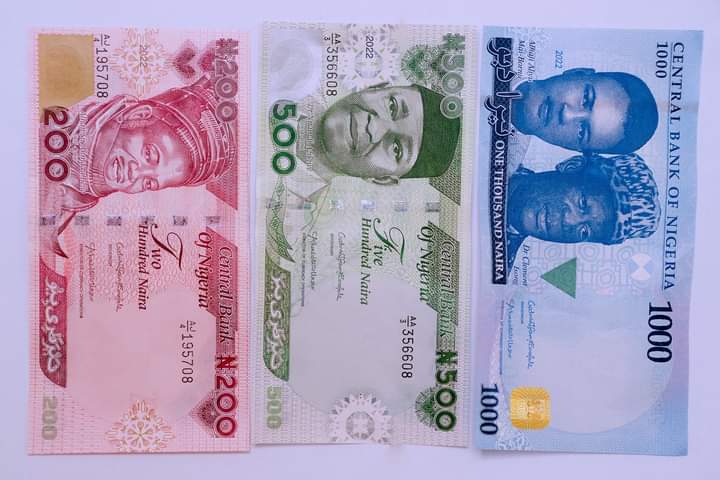Share!
By Dakuku Peterside
Nigerians are facing the reality of scarcity of cash literarily. Banks are overwhelmed by angry customers demanding money, the ATMs are flooded with furious Nigerians struggling to withdraw cash, and some spend the whole day hoping to get a few Naira notes to pay bills. POS operators complain of a lack of money; a few have charged between 15% and 20% to customers to get some cash. Most Nigerians are stranded because the bank apps for transfers need to be fixed, and most cannot make or receive transferred money. Naira notes are in high demand, and the newly redesigned notes are rare to get unless by a privileged few. There is confusion everywhere, and people are coming to terms with this chaos .
However, the pressure this exerts on Nigeria’s fragile socio-political and economic conditions is enormous and gradually heading to a tipping point. Social media are awash with harrowing videos of people’s reactions in various parts of Nigeria, and they all point to the pervading rage , frustration, and hardship people are going through. All these are happening at a time of heightened political activities near the 2023 general elections, with various permutations, intrigues and strategies of political parties and their candidates to win the voters . Without being the intendment , it is a recipe for upheaval if not checked. The political ramifications of the Naira redesign are evident, but the implications, intended and unintended consequences, are unfolding.
Money and politics are like the Sesame twins. Money enables politics, and politics determine how money is allocated. Money in politics is both a force for good and, at the same time, can be an opposing force. Whenever cash is under any form of threat, politics react. Politics is reacting vehemently, and claims and counterclaims have been made about the Naira redesign’s impact on society, the economy, and politics.
The Buhari administration and the CBN are orchestrating a demonetisation policy that has become the centrepiece of Nigeria’s monetary policy. Although it may seem that this demonetisation policy is a continuation of CBN’s push for a cashless economy driven more by technology than the use of old fiat notes, however, the real meaning is lost in translation, and people need clarification.
Also raed: Tinubu and ghosts of fuel scarcity, new naira notes, By Festus Adedayo
Is this a Naira redesign exercise, a cash swap exercise, or a policy for proper currency management , addressing inflation, taming counterfeit notes and cash stockpiled for illegal political activities? Or is it all of these things put together? The problem is that everybody understands and interprets the actions differently, with unclear and dichotomous interpretations of what is happening. The critical question is: did the CBN effectively communicate this policy’s aims, goals, process and intended impact to the people? How did the media frame this policy, and how did Nigerians interpret and make sense of it all? Just as the 2023 general election is around the corner, is this new policy of the CBN politically motivated? These questions merit consideration if we are to understand what is going on and how to tackle the many negative implications before much damage is done.
In recent times, other nations have done some currency redesigns, and we can learn from their experiences. The UK and India have redesigned their currencies lately. But I will use the example of India for obvious reasons that it is closer to Nigeria as a developing nation than the UK. In 2016, Prime Minister Narendra Modi declared that the country’s two highest-denomination currency notes (Rs 1,000 and Rs 500) would be withdrawn immediately from the market. The plan, termed demonetisation by the press, was announced as Modi’s masterstroke against “black money”. As economic experiments go, it was a big, bold move. There was no precedent anywhere in the world for a sudden financial shock of this scale. However, the exercise proved not to be a key determinant of the outcome of Indian elections that year . Unlike the case of india, will this exercise have more significant political implications, some unintended, that are capable of determining the outcome of the elections or truncating our democracy? Let us examine five ways the Naira redesign will affect our politics this year.
No related posts.
